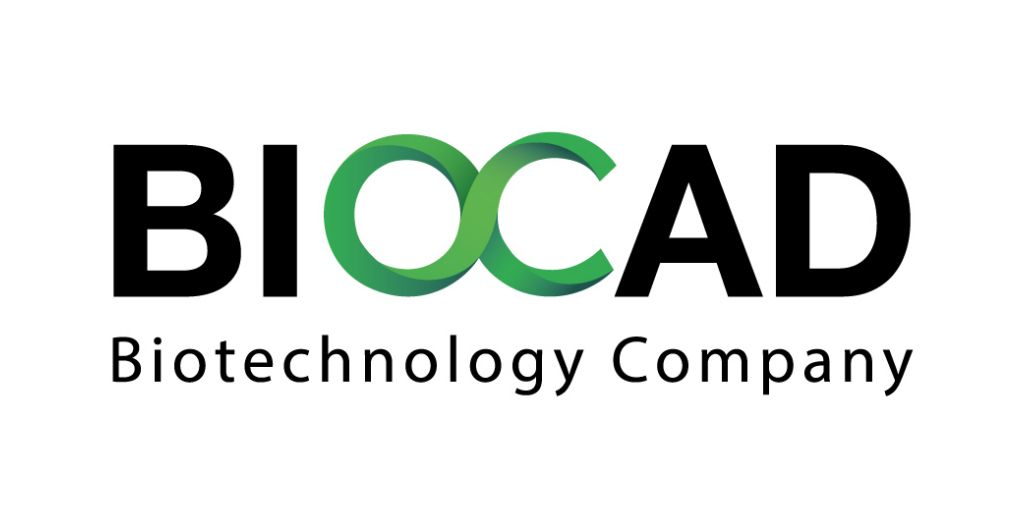- Bone Health
- Immunology
- Hematology
- Respiratory
- Dermatology
- Diabetes
- Gastroenterology
- Neurology
- Oncology
- Ophthalmology
- Rare Disease
- Rheumatology
Biocad's BCD-021 Bevacizumab Biosimilar Demonstrates Equivalence in NSCLC
BCD-021 demonstrated equivalence in a phase 3 study involving Russian and Indian patients with advanced non–small cell lung cancer (NSCLC).
A phase 3 study of the bevacizumab biosimilar BCD-021 vs reference bevacizumab (Avastin) in patients with stage IIIB or IV nonsquamous non–small cell lung cancer (NSCLC) demonstrated equivalence, investigators reported at the European Society for Medical Oncology (ESMO) Congress 2021.
Investigators sought to elucidate the efficacy, safety, pharmacokinetics (PK), and immunogenicity of BCD-021 compared with reference bevacizumab.
BCD-021 was approved as a biosimilar in November 2015 by the Russian Ministry of Health. The drug was developed by Russian biotechnology company Biocad. The originator was developed by Genentech and Roche.
Patients (n = 357) from Russia and India were randomized 1:1 and 2:1, respectively, to either biosimilar or reference bevacizumab plus paclitaxel and carboplatin once every 3 weeks for 6 cycles. At week 18, patients with stable disease or complete or partial response (CR/PR) were offered the opportunity to continue with BCD-021 until disease progression, death, or intolerable toxicity.
The primary end point was objective response rate (ORR) as measured by response at week 19 and confirmed 4 weeks later. The primary PK end point was variation of drug concentration, as measured by Ctrough, or predose drug concentration, and Cmax, or peak concentration following dosing.
Additional end points were safety and immunogenicity.
Investigators said the treated population measured 341 patients (BCD-021, n = 205; BEV, n = 136). Confirmed ORRs were observed in 34.6% of the biosimilar cohort (n = 71) and 33.8% of the reference population (n = 46). The respective confirmed percentages for CR were 1.5% and 0.7%; and PR, 33.2% and 33.1%.
Patients experiencing stable disease in the biosimilar and reference groups were 31.7% and 33.8%, respectively. The proportions experiencing progressive disease were 13.2% and 11.0%, respectively.
Investigators said criteria were met for PK equivalence in both the Indian and non-Indian populations.
Patients experiencing any adverse event (AE) were 91.3% in the biosimilar group vs 93.4% in the originator cohort; serious AEs were 13.6% vs 10.9%, respectively; and treatment-related serious AEs were 3.4% vs 2.2%.
Patients discontinuing due to AEs were 4 and 2 in the biosimilar and reference groups, respectively; and deaths were 14 and 8, respectively.
The most frequent AEs were anemia, neutropenia, and alopecia.
“This study demonstrated equivalence between BCD-021 and (Avastin) in terms of ORR risk difference and risk ratio. PK equivalence of BCD-021 and [Avastin] was also confirmed. Safety and immunogenicity parameters were comparable” between the biosimilar and reference agents, investigators concluded.
Reference
Fadeeva N, Roy B, Nagarkar R, et al. A phase III study comparing BCD-021, a bevacizumab biosimilar, and reference bevacizumab in patients with stage IIIB or IV non-squamous NSCLC. Presented at: ESMO Congress 2021; September 16-21, 2021. ePoster 1338P.
Newsletter
Where clinical, regulatory, and economic perspectives converge—sign up for Center for Biosimilars® emails to get expert insights on emerging treatment paradigms, biosimilar policy, and real-world outcomes that shape patient care.

